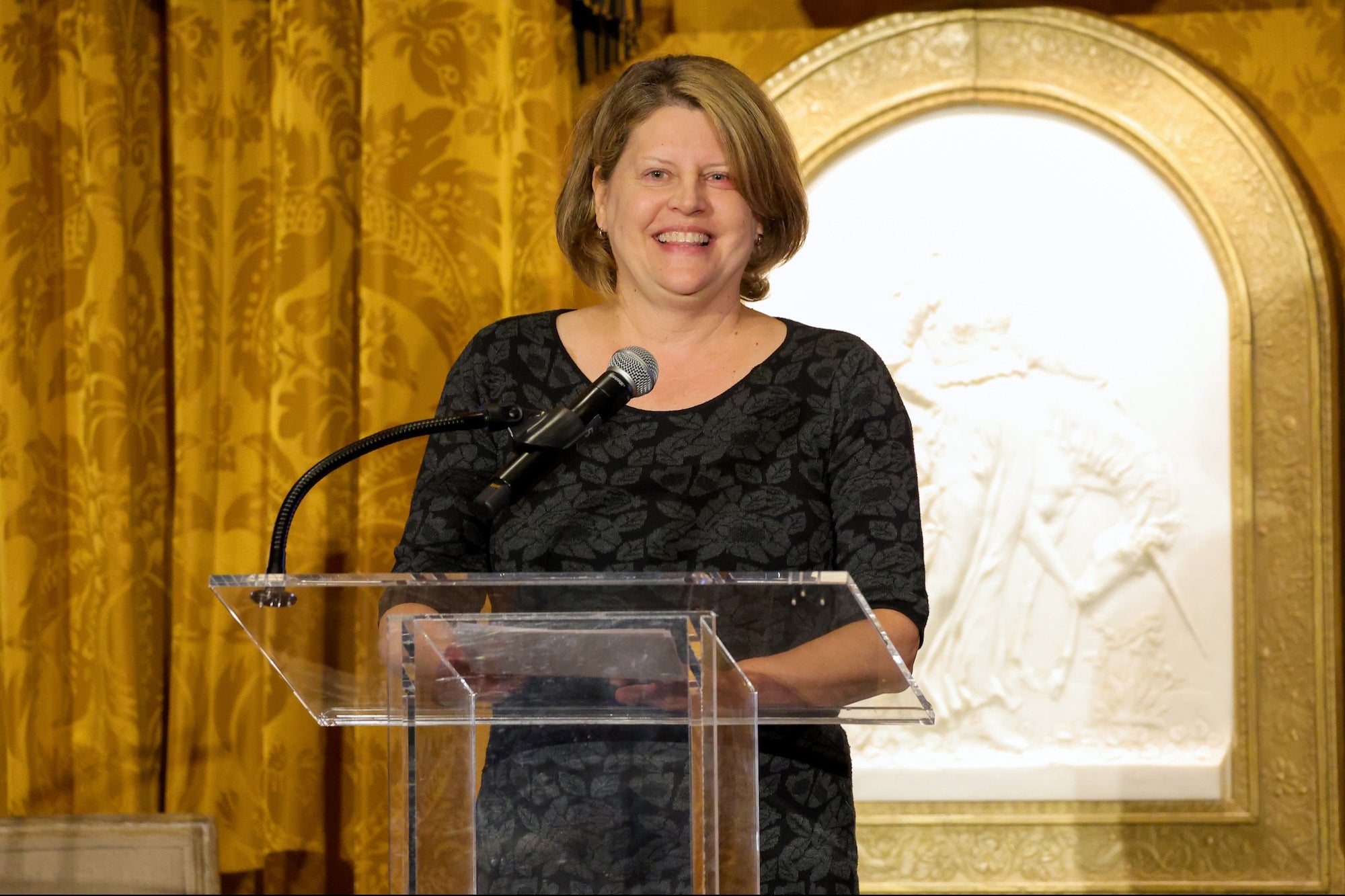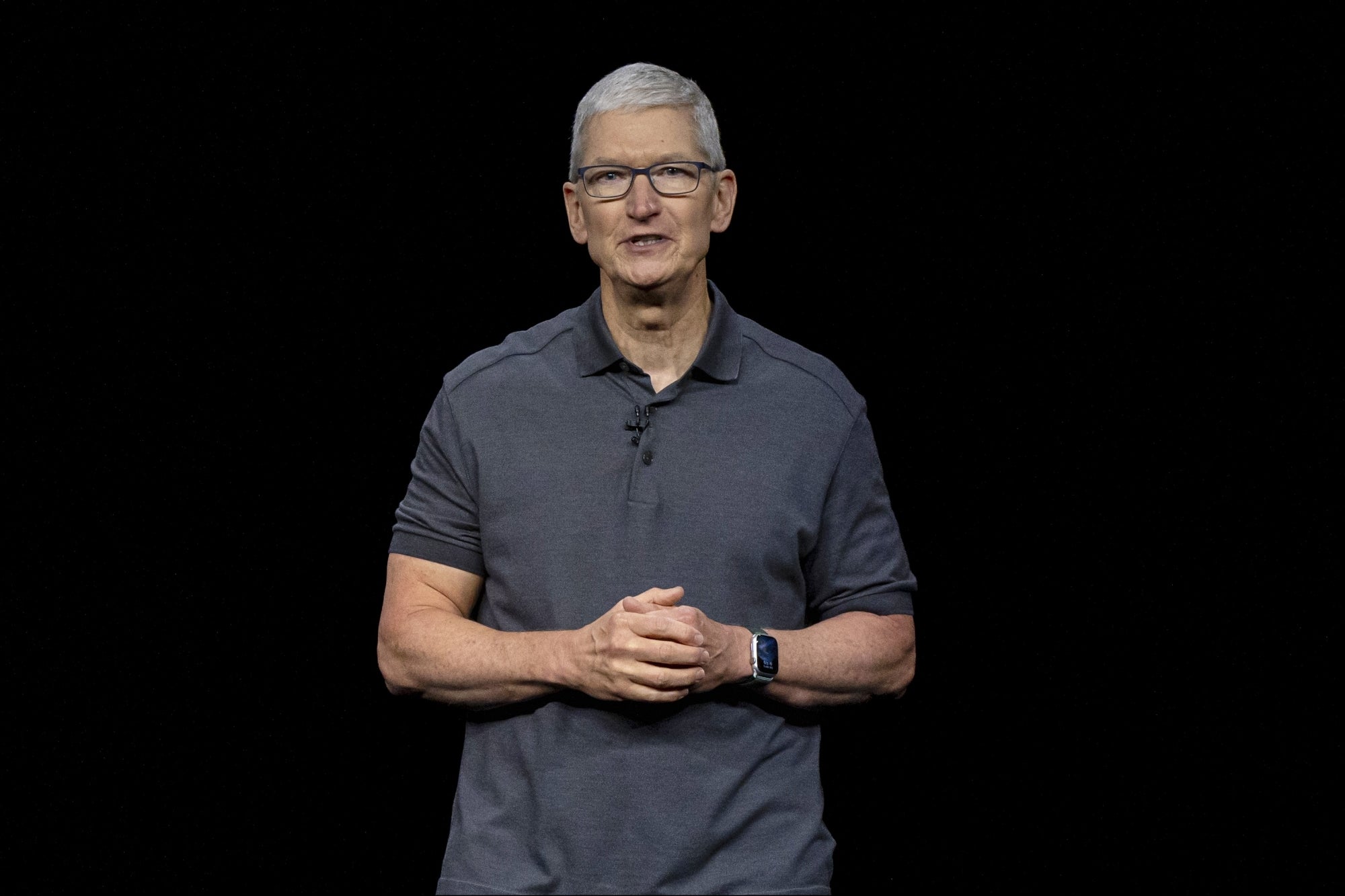With Soda Sales Down Anyway, Coke and Pepsi Vow to Promote Healthier Drinks At the Clinton Global Initiative, Coca-Cola, Pepsi and Dr Pepper pledged to cut beverage calories by one-fifth in the next decade.
By Kate Taylor
Opinions expressed by Entrepreneur contributors are their own.
Soda companies are putting their customers on a diet.
Coca-Cola, Dr Pepper Snapple Group, PepsiCo and the American Beverage Association pledged on Tuesday to reduce beverage calories consumer per person nationally by 20 percent by 2025.
The beverage companies plan to achieve the calorie cut by leveraging marketing and distribution to promote smaller portion sizes, water and other no- or low-calorie beverages. Companies will also provide calorie counts on all company sale equipment, including vending machines, self-serve fountain dispensers and retail coolers. Efforts will be focused in areas where there has been less interest in and/or access to lower calorie options.
The agreement was announced at the annual Clinton Global Initiative, following work with the Alliance for a Healthier Generation, an organization founded by the American Heart Association and the Clinton Foundation. In 2006, the same players established the Alliance School Beverage Guidelines, which resulted in cutting full-calorie soft drinks and providing smaller portions of lower-calorie beverages in schools across America.
Related: What Coke Is Brewing by Increasing Its Stake in Keurig
"This initiative will help transform the beverage landscape in America," American Beverage Association CEO Susan K. Neely said in a statement. "It takes our efforts to provide consumers with more choices, smaller portions and fewer calories to an ambitious new level."
However, beverage companies' decision to cut calories may not only be paying off in terms of goodwill and healthier customers. Soda sales have been plummeting as customers have become more health savvy. In 2013, soda sales reached their lowest levels in nearly two decades, Reuters reports.
The pledge states that "water and lower-calorie beverages are expected to grow significantly" over the next decade. If Coke, Dr. Pepper and Pepsi want to combat slumping soda sales, growing these markets was already part of the plan, regardless of concerns for customers' health.
Related: 'We Don't Give a Sh*t About Gluten Free': A Restaurant Owner Gets Bold With Customers









